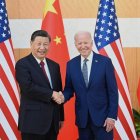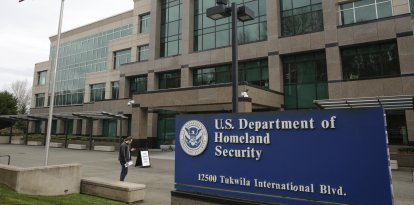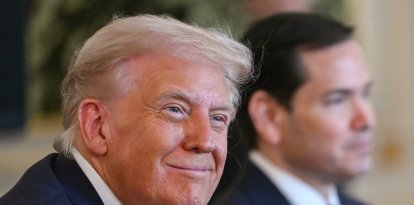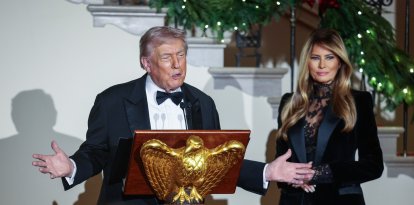FBI is investigating Shan Xiangshuang, a billionaire member of the Chinese Communist Party, for espionage
The probe is looking into whether a California-based investment fund gave information on U.S. technology companies to a Chinese company and Beijing, The Financial Times reported.

FBI agents file image
The FBI is inspecting Hone Capital, a U.S. venture capital fund, for its ties to China. The group, one of the most important technology investors in the United States, is allegedly a direct line between Silicon Valley's cutting-edge technology and the Chinese communist regime. Between one and the other is Shan Xiangshuang: billionaire investor, former public official and current member of the Chinese Communist Party.
This was reported by The Financial Times, using documents and testimonies of people close to the case. The FBI, for the time being, has not commented. According to the newspaper, Xiangshuang heads the venture capital group Science & Merchants Investment Management Group (CSC). The latter allegedly financed several funds on U.S. soil via Shanghai and the Cayman Islands, including Hone Capital.
Hone also allegedly invested in 360 startups, including at least one autonomous car manufacturer (Cruise) and one supersonic aircraft manufacturer (Boom, Hone's "jewel"). Some had contracts with the U.S. government. The federal investigators' probe focuses on whether the California-based fund granted trade secrets to CSC and Beijing.
"Allegations that CSC Group, its chairman, or any of its affiliates, including Hone Capital, have misappropriated trade secrets are completely baseless and grounded in nothing but insinuation and speculation [fueled] by anti-Chinese sentiment," Shan's legal representatives argued in words reported by The Financial Times.
They also took aim at two former top executives who sued both companies for allegedly owing them money. One of them, Veronica Wu, accused her former employers of attempting to circumvent both U.S. and Chinese laws. She also claimed that they set a quota for the number of companies with "critical intellectual property" that she had to bring into the Chinese market.
The information comes amid escalating tensions between Beijing and Washington. One of these fronts of concern are Chinese investments, which allegedly seek to gain leverage in U.S. companies to influence decision-making and steal information and technological advances.

























